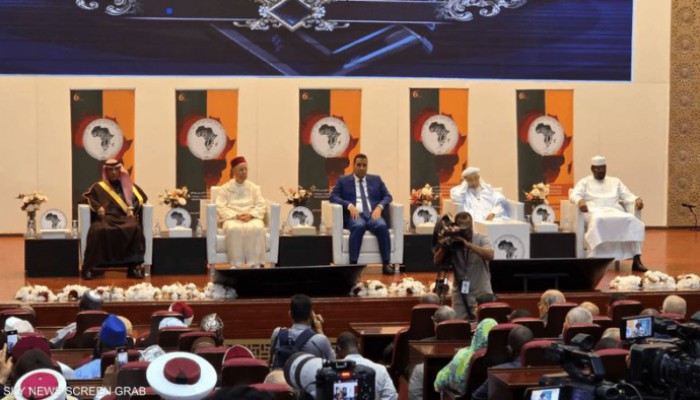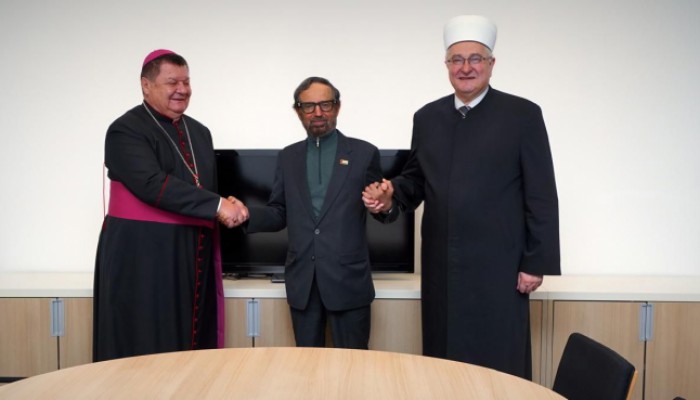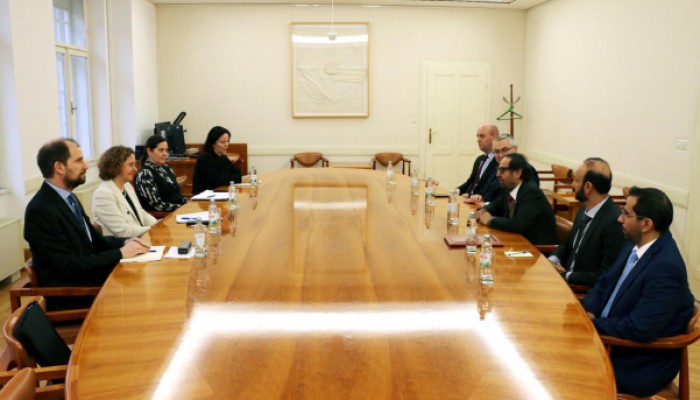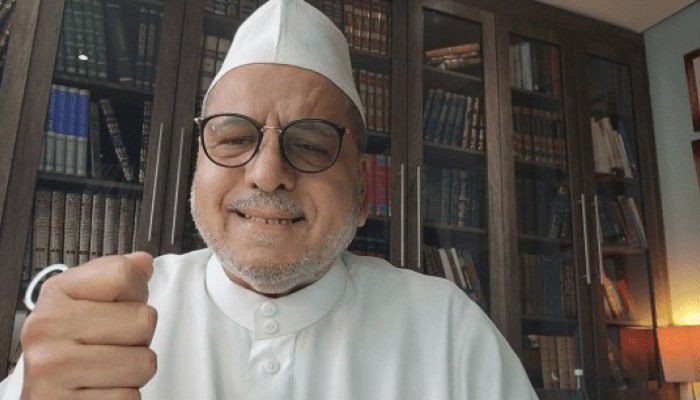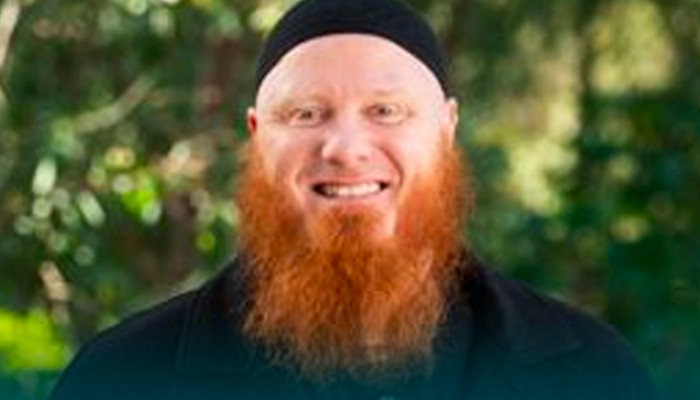
Mr. Dylan Chown: I Grew up in Christian Family, Pronounced Two Testimonies During My First Visit to Mosque*
- 2022-Apr-18
Among the daily Ramadan series "Achievers and Contributors", The World Muslim Communities Council organized, on Monday, April 18, 2022, a lecture, during which Mr. Dylan Chown, a lecturer in the Centre for Islamic Thought and Education (CITE) in Education Futures at the University of South Australia (UniSA), via the Council's social media pages.
Mr. Dylan Chown said that he grew up in a religious Christian family, and when he communicated with Islamic schools, he did not know much about Islam, and that he began the education journey until he became a faculty member, then traveled to most countries of the world to learn about modern teaching methods.
Chown said he first met a Muslim at school when he was 14, and they became friends, adding that he used to go to his friend's house where he saw Islamic books and pictures of the Kaaba.
Chown stressed that his friend had influenced his life and contributed greatly to his conversion to Islam, and that they had become friends so far, adding that when he went to the mosque for the first time, the imam asked him six questions he did not know the answers to, and then asked him: Do you want to be a Muslim? He answered yes, and pronounced the two testimonies immediately.
The lecturer in the Centre for Islamic Thought and Education (CITE) in Education Futures at the University of South Australia (UniSA) explained that there is great diversity among students in Australia, explaining that everyone feels diversity and benefits from it.
It is noteworthy that The World Muslim Communities Council is an international non-governmental organization, headquartered in the UAE capital Abu Dhabi. It is considered a think tank to rationalize organizations and societies working in Muslim societies, renew their thinking and improve their performance in order to achieve one goal; The integration of Muslim societies in their countries, in a way that their members realize the perfection of citizenship and complete affiliation with the Islamic religion. The council seeks, through holding dozens of virtual conferences, seminars and activities, to localize the concepts of religious, ethnic and cultural pluralism, in a manner that preserves human dignity and respect for his beliefs, and establishes the values of moderation, dialogue, tolerance and belonging to the homelands.




